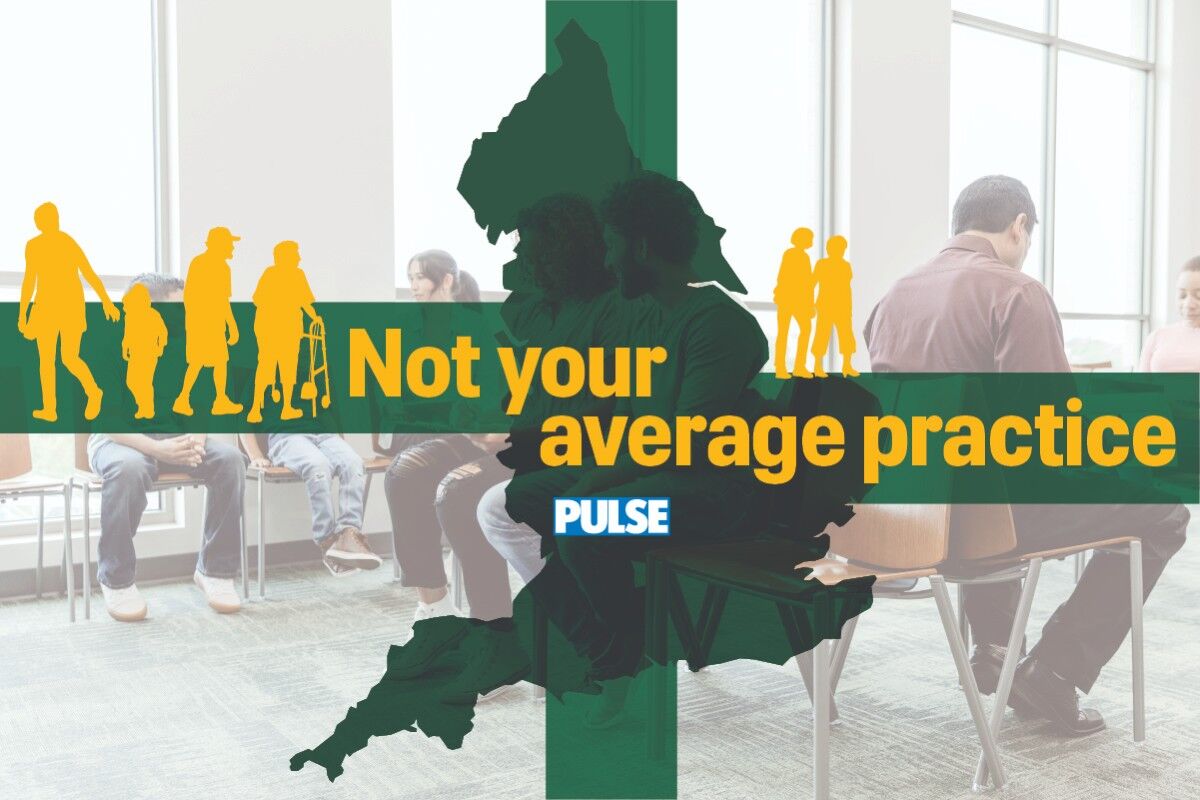Ethnic minority doctors performed ‘no worse’ in GP licensing assessments than white doctors when MSRA scores and demographic factors were considered, a new study has claimed.
A paper by researchers at the University of Lincoln, published in the British Journal of General Practice today, found that ethnic background ‘did not reduce the chance of passing GP licensing tests’ once factors including sex, place of primary medical qualification, disability and Multi-Specialty Recruitment Assessment (MSRA) scores were taken into account.
The study, funded by Health Education England, rejects suggestions that subjective bias due to racial discrimination is a cause of exam failure for UK trained ethnic minority candidates and international medical graduates.
But GPs have pointed out that ethnicity has an impact on MSRA scores, meaning many of the disparities in attainment scores between ethnic groups have not been taken into account.
Currently, the MRCGP has three components: an Applied Knowledge Test (AKT), a Recorded Consultation Assessment (RCA) – the current alternative to the Clinical Skills Assessment (CSA) introduced during Covid and set to be replaced later this year – and a Workplace Based Assessment (WBPA).
A total of 3,429 doctors entering GP specialty training in 2016 were included in the study and the authors found that ethnic minority doctors were significantly more likely to pass the AKT compared with white British doctors once these factors were taken into account.
The authors said that the role of doctors’ ethnic group in differential attainment in the MRCGP licensing assessments is ‘a continuing concern,’ and that causes are ‘poorly understood.’
One of the authors, Professor Niro Siriwardena, an academic GP and professor of primary and pre-hospital health care at the University of Lincoln, said: ‘We looked at doctors who had been selected into GP training in 2016 and followed them up until 2021 – and what we found was a little surprising.
‘When you take into account the MSRA score actually minority ethnic doctors don’t do any worse than white British doctors in GP licensing.
‘In fact, for the applied knowledge test, they do significantly better which might be a surprise. For the clinical exam, they do just as well and for the workplace based assessment, they do just as well.’
In the past, the RCGP faced a judicial review brought by international doctors seeking to declare the exam unlawful, but consistently denied that the exam was in any way discriminatory or biased.
The paper concluded: ‘Despite a judicial review in 2014 and subsequent narrative review finding no evidence of racial discrimination, there has been ongoing focus from some commentators on addressing unconscious bias, changing assessments, or addressing other unproven factors such as self- efficacy, and inclusion and relationships with educators and peers.
‘Ethnic background did not reduce the chance of passing GP licensing tests once sex, place of primary medical qualification, declared disability, and selection scores were considered.
‘Doctors admitted to GP specialty training, who are in the lowest MSRA score bands, may need additional support during training to maximise their chances of achieving licensing, regardless of their ethnic group or other demographic characteristics.’
Professor Aneez Esmail, professor of General Practice at University of Manchester, who was one of the authors of a 2013 paper which found that subjective bias due to racial discrimination in the clinical skills assessment may be a cause of failure for UK trained candidates and international medical graduates, told Pulse: ‘With a lot of this research (I’d like to point out that our 2013 paper did take account of most of these factors) you have to ask why there are such large differences in outcomes.’
Dr Naureen Bhatti, a GP in East London who led on the development of the London Workforce Race Equality Strategy in Primary Care, said: ‘In the MRCGP exam, international medical graduates (IMGs) have lower pass rates compared with their UK trained peers in the AKT (48% v 82%) and RCA exam (45% v 93%), but there is no granular breakdown of ethnicity given in this data, particularly of the UK graduate GP trainees.
‘The paper in the BJGP concludes that ethnic minority doctors performed no worse in licensing exams when MSRA and demographic factors were considered.
‘But without granular stratification of ethnicity in the MSRA scores at entry to GP training, there is no way of excluding racial bias because the same differential attainment applies to MSRA exams and exit exams.’
BAPIO president Dr Ramesh Mehta told Pulse that the association welcomed the fundamental recognition that differential attainment remains a massive problem in general practice.
He said: ‘As Pulse has previously highlighted, the attainment gap has worsened with the introduction of RCA since 2020. Whilst we examine the data provided in detail, it is already amply clear that the system continues to let these trainees down and hence, our patients.’
Dr Kamal Sidhu, chair of BAPIO GP forum, said that as the college is about to introduce a new examination format later this year, it is ‘vital’ that reducing this disparity be the prime focus for the college and the training community.
He told Pulse: ‘We urge the college to share the equality impact assessments undertaken and the engagement so far with the stakeholders especially, with the groups representing the doctors in training from ethnic minorities and those who have qualified outside the UK.
‘We must collectively work to bring in fair and just assessment processes and stop the hemorrhage of some competent and safe doctors from general practice at a time of dire need when practices are handing their contracts back due to sheer workload and dwindling GP numbers.
‘We also welcome and support independent research into this area which sadly, continues to damage the credibility of the UK in the global medical workforce.’
Last week, HEE outlined a ‘new vision’ for general practice training which it says will better prepare GPs for future models of care.
The programme will have greater focus on areas such as addressing health inequalities and managing the growing proportion of patients with mental health care needs seen in general practice.











Research and results drawn for the RCGP to have something to fight any future civil suits.
In reality the published pass rates show a clear difference.